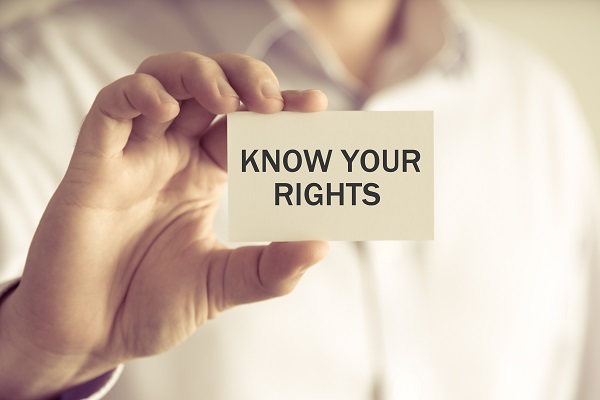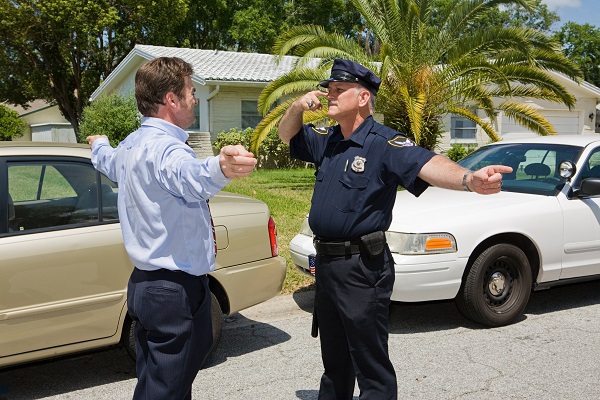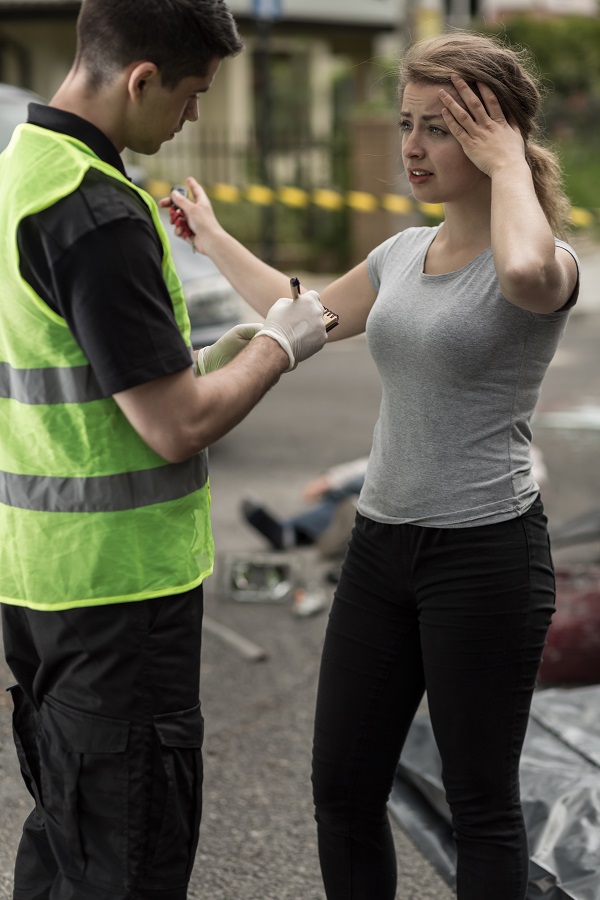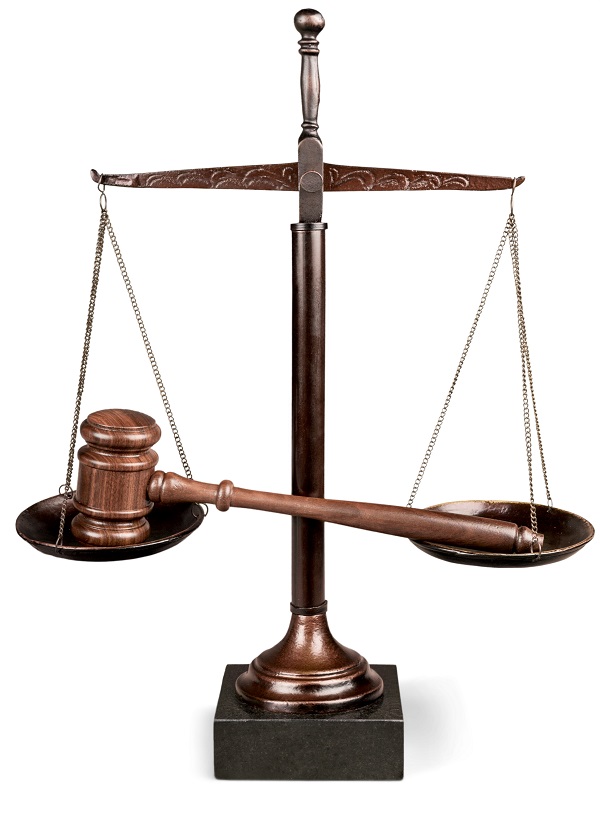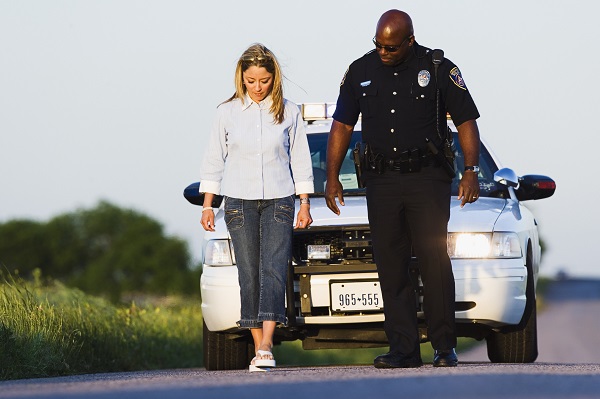Discrediting Eyewitness Testimony
At a criminal trial, the prosecution and defense work hard to discredit eyewitness testimony offered by the opposing side. The effect of discrediting the observations of a key witness in front of a jury can be extremely influential in a case’s outcome. Lawyers use numerous techniques to show that an eyewitness is unreliable, some of which are outlined here. Questioning About the Accuracy of a Witness’s Memory One of the most powerful ways to discredit an eyewitness involves questioning the accuracy of that witness’s memory. For example, a lawyer might ask whether the witness was under the influence of any drugs or...
Continue reading




